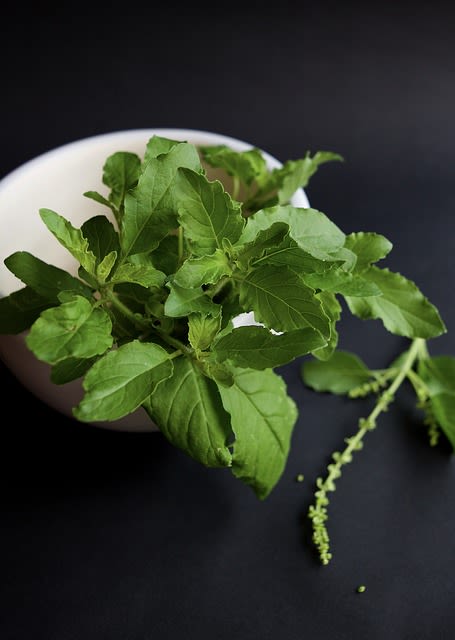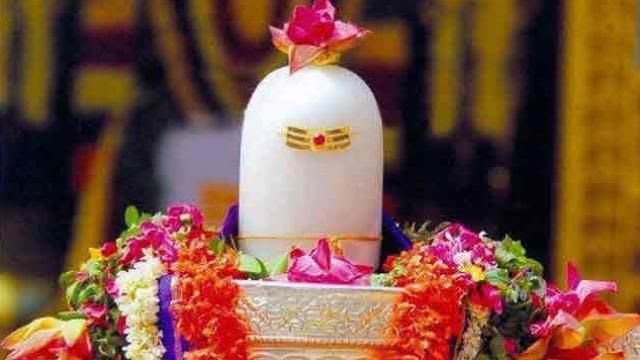Tulsi, as we know, has a very important place in the hearts of Hindus in India. It is not just a sacred plant for Hindu families — this herb also known as Holy Basil contains immense medicinal properties and that’s why it is preferred to grow this plant at every household.
Tulsi, as is believed, is Lord Vishnu’s consort, hence the conscious and mother of the Universe. It is said that keeping this plant in your home can invite good luck and prosperity, but do you know that it can predict your future as well.
It is often used as an ingredient for adding flavor to tea to cure a common cold. It is believed that Tulsi plays an important role in destroying negative energies from the house and help in getting rid of various Vaastu defects.
So, make sure that you have this wonderful plant to ensure good health, wealth and happiness for your family. However, there are some Vaastu tips that would tell you where this plant has to be placed to get maximum benefits.
The east direction is the ideal direction to keep this plant. If it is not possible, place it in a balcony or a window in the north or the north-east direction. Ensure sufficient sunlight is available.
You must have Tulsi plants in odd numbers like one, three or five.
One has to ensure that the area surrounding the plant is tidy. Do not keep things such as brooms, shoes or dustbins around the plant.
Tulsi is considered as a female plant. It should not be placed along with thorny plants like the cactus. However, you can have other flower plants in the area.
Having a dry Tulsi plant at home attracts negative energy so make sure that the plant is watered regularly.
As the plant begins to slowly lose its life, it is a warning sign that not all is well at your place. In case the plant refuses to come back to life just know that there is nothing much you can do about what is going to happen and neither can control it.
Embrace the change.
On the contrary, if your Tulsi plant looks fresh and new as ever, it means that prosperity and happiness are in abundance in your house. Hence, one should take full care of the Tulsi plant and not let it die.












